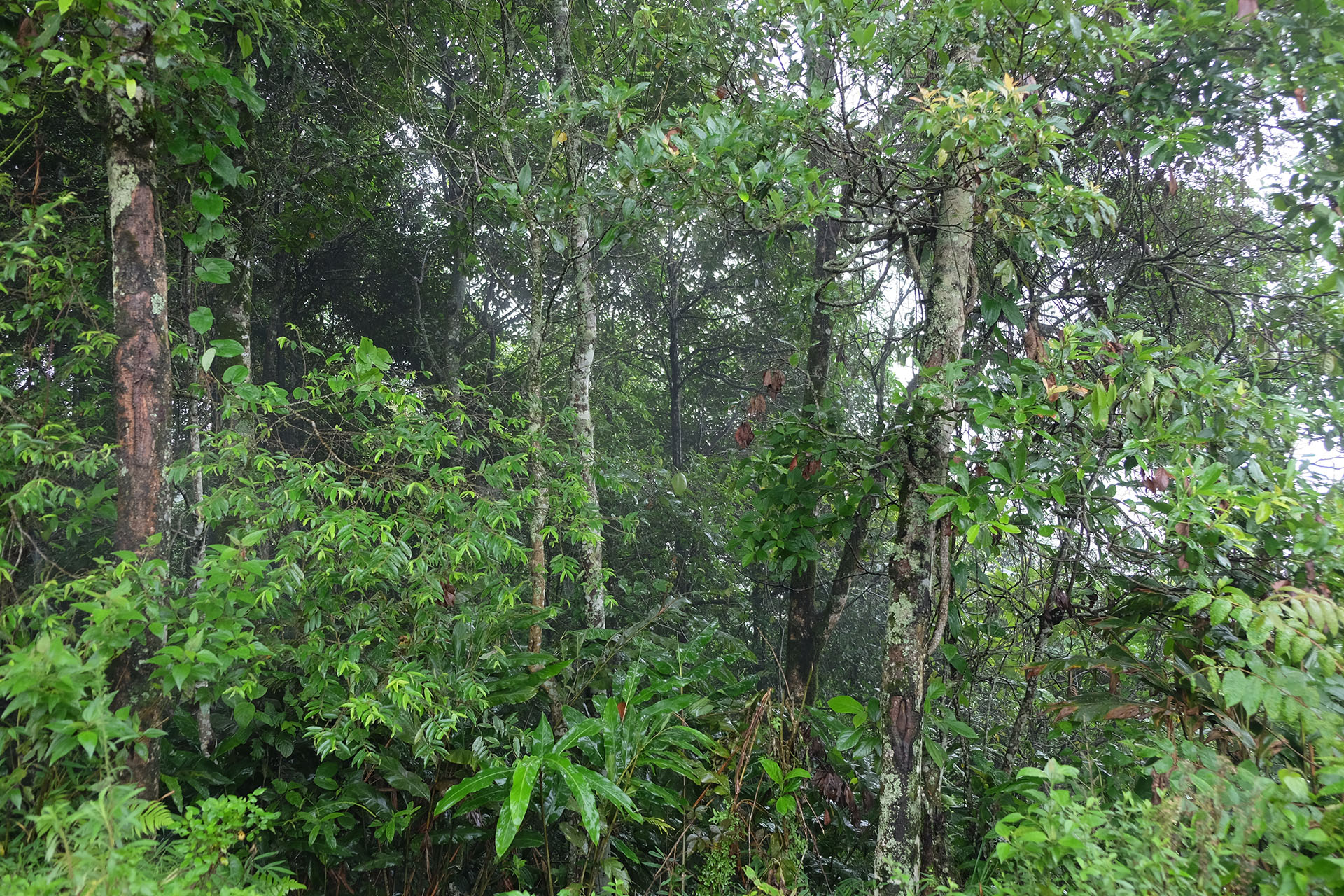The COVID-19 pandemic has triggered an unprecedented global economic crisis. The immediate priorities of countries have been to shore up businesses and industries hardest hit by the recession. However, at the same time, there is a growing awareness that simply reviving the existing economy will only worsen irreversible climate change, bringing even greater threats to economies and societies. A global transition to a low-carbon, greener economy is required, demanding changes from governments and businesses.
Stimulus and recovery packages represent a once-in-a-lifetime opportunity to shift towards greater sustainability and reset our relationship with nature. So far, government responses have largely failed to harness this opportunity, and yet, the latest modeling studies indicate that green recovery plans would boost income, employment and GDP more effectively than return-to-normal stimulus measures, with the added benefit of reducing emissions.
Forests can play a pivotal role in green recovery strategies. Their value is well known, yet under-appreciated. Forests mitigate climate change by removing about one-third of the global greenhouse gas emissions we produce each year, awhile they also provide a crucial source of materials and services for key sectors like agriculture, energy, infrastructure and tourism. They supply a safety net for the rural poor, with 1 in 5 people depending on forests for subsistence, livelihoods, employment and for income generation. Finally, as we have recently been reminded, forests act as shields, keeping humans safe from coronaviruses and other diseases, and their destruction can have devastating consequences for global public health.
These benefits alone should make forests prime focus areas for recovery measures. Preventing further pandemics over the next decade by protecting wildlife and forests at would cost just 2% of the estimated financial damage caused by Covid-19, some estimates say. Forest solutions can also deliver substantial economic benefits and have long-term potential to foster growth. Restoring the 300 million hectares of degraded forests globally is a business opportunity estimated at $175 billion US per year. Forest carbon revenues also have potential to scale up to $15 billion US per year.
Perhaps most importantly, forest solutions can create millions of green jobs to boost rural economies. Globally, we are witnessing job loss at unprecedented scale, with as many as 1.6 billion workers -- nearly half the global workforce -- at risk of losing their livelihoods. Nature-based solutions, including forests, provide cost-effective and tried-and-tested approaches that can create employment while simultaneously protecting nature, mitigating climate change and making human societies safer, healthier and more resilient. Reforestation, forest restoration and sustainable forest management are among the employment options available, with a job return on investment ratio comparable or greater to that of business-as-usual land use. For instance, indigenous forest management in Guyana, used to implement REDD+, was estimated to have created 200 to 400 full-time jobs for each $1 million US invested.
The UN-REDD Programme supports efforts to rebuild a post-pandemic green economy, maximizing the potential of forest solutions to create green jobs and build more resilient societies.

